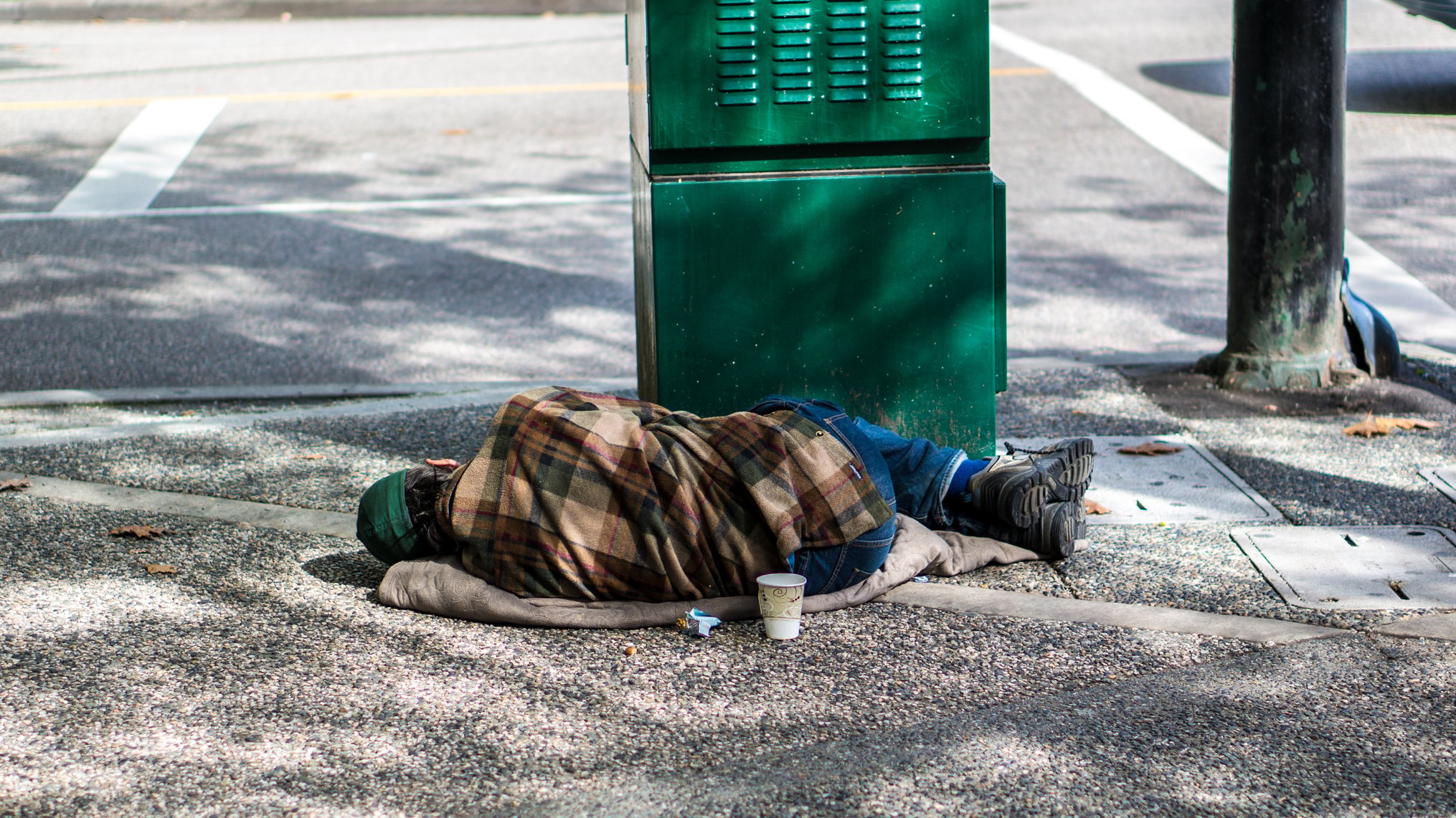

As of late 2019, Apple Inc. (NASDAQ: AAPL) was the second-largest landowner in Silicon Valley. Its real estate holdings were valued at around $9 billion in a San Jose Mercury News report. The area’s largest landowner is Stanford University, with some $19.7 billion worth of taxable property.
On one Apple-owned parcel in north San Jose is a homeless encampment comprising an estimated 30 to 75 people, 200 tons of trash and debris, and some 65 to 75 inoperable vehicles. According to a new report in the Mercury News, the encampment began last year when a few RVs parked along the side of the road in front of an empty lot Apple acquired in 2018.
The company planned to build a new campus at the location but has done little to make that happen. In 2019, Apple said it would contribute land in San Jose worth $300 million to build new, affordable housing. Google and Facebook each promised $1 billion to help alleviate homelessness in the five-county region, and Apple promised $2.5 billion. According to the Mercury News, “it’s unclear when anything will be built.”
Until June of this year, Apple did not allow developers to list apps promoting the delivery of adult-use cannabis or cannabis-related products, even in states where sales were allowed. Only licensed pharmacy deliveries were allowed. The first delivery app for all sales was approved for the App Store in July.
Now, Apple has approved in-app purchases for the WM Technology’s Weedmaps app. iPhone owners can now order cannabis products directly from a licensed retailer from within the app. WM Technology’s chief technology officer, Justin Dean, commented on the new app:
Our ability to enable ordering functionality through our mobile iOS app is a game-changer that will improve accessibility for both our customers and business partners alike. … It’s encouraging to see policies and attitudes toward cannabis shift in a way that promises remarkable growth, and we look forward to introducing an even simpler way to order cannabis from retailers through our platform.
Two U.S. House of Representatives members, Ken Buck (R-CO) and Hank Johnson (D-GA), introduced legislation Thursday aimed at preventing Apple and Google from requiring app developers to use their company app stores and in-app payment systems. The House bill follows the introduction earlier this week of similar legislation in the Senate.
Buck commented in an email to Reuters: “For far too long, companies like Google and Apple have had a stranglehold on app developers who are forced to take whatever terms these monopolists set in order to reach their customers.”
Neither Congressmember’s office nor the House Judiciary Committee has issued a press release related to the legislation.
Essential Tips for Investing: Sponsored
A financial advisor can help you understand the advantages and disadvantages of investment properties. Finding a qualified financial advisor doesn’t have to be hard. SmartAsset’s free tool matches you with up to three financial advisors who serve your area, and you can interview your advisor matches at no cost to decide which one is right for you. If you’re ready to find an advisor who can help you achieve your financial goals, get started now.
Investing in real estate can diversify your portfolio. But expanding your horizons may add additional costs. If you’re an investor looking to minimize expenses, consider checking out online brokerages. They often offer low investment fees, helping you maximize your profit.
Thank you for reading! Have some feedback for us?
Contact the 24/7 Wall St. editorial team.



